
The North Carolina Association of County Commissioners (NCACC) is a non-partisan organization that serves as the official voice of all 100 counties on issues considered by the General Assembly, Congress, and federal and state agencies. The Association provides advocacy expertise to counties and employs a team of registered lobbyists, who advocate on behalf of counties’ interests before dozens of administrative, legislative, and rule-making committees both during and in between legislative sessions.
Legislative Goals
Priority Goals
Below is the list of NCACC’s top legislative goals for 2023-2024 as determined at the Legislative Goals Conference.
Seek legislation, funding, and other efforts to expand digital infrastructure/broadband capability to the unserved and under-served areas and residents of the state.
Seek additional revenue sources to address statewide public school and community college capital needs and ensure methods used to distribute school capital funding considers the needs of both low-wealth and growing counties. Revisions to the Needs-Based Public School Capital Fund that will allow for more access to counties and allow for faster school construction to include allowing projects that have not previously been awarded a grant to commence and remain eligible for future grant application periods.
Support expansion of Medicaid as well as related funding and operational flexibility for counties to expand county workforce and necessary infrastructure.
Advocacy Information
State Resources

North Carolina General Assembly (NCGA)
- North Carolina House of Representatives
- North Carolina Senate
- NCGA Fiscal Research Division – provides non-partisan fiscal and policy analysis of budgetary and taxation issues that come before the NCGA.
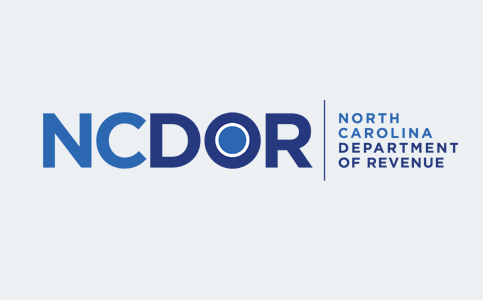
North Carolina Department of Revenue (NCDOR)
- NCDOR Local Government Division – provides support and services to local governments related to taxes collected locally.
- NCDOR Reports and Statistics – provides local tax distribution reports, tax publications and more.
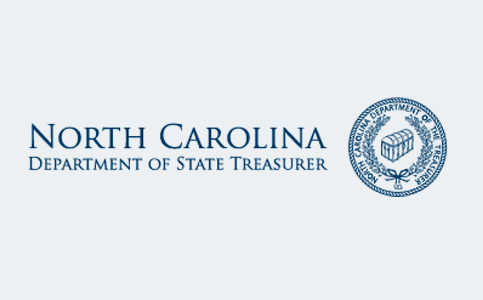
North Carolina Department of State Treasurer
- State and Local Government Finance Division – supports over 1,300 units of local government through the sale and delivery of all State and local debt, monitoring debt repayment, counseling and assisting local governments issuing debt, and monitoring and analyzing the fiscal health and accounting practices of all local governments.
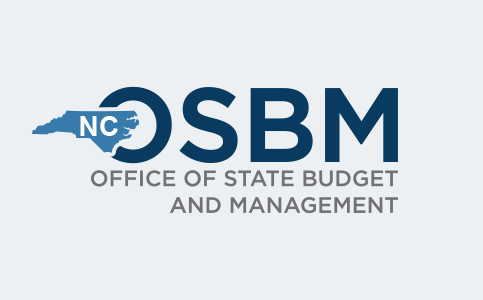
North Carolina Office of State Budget and Management (OSBM)
- OSBM Log Into North Carolina – interactive data retrieval service containing historical information for over 900 data items and a variety of geographic areas within the state, including population, labor force, education, transportation, revenue, agriculture, vital statistics, energy and utilities, and more.
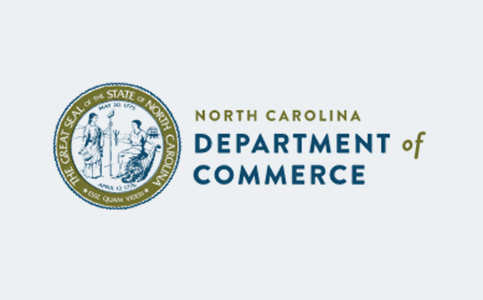
North Carolina Department of Commerce
- NC Commerce Reports for Policymakers – includes County Tiers Ranking Memo and other reports for policymakers.
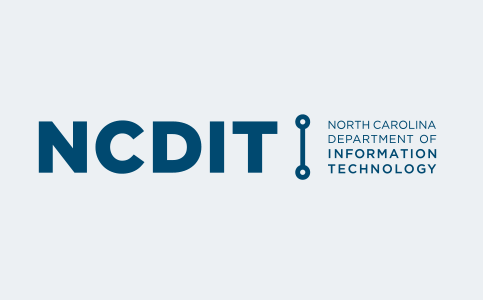
North Carolina Department of Information Technology (NCDIT)
- NCDIT Broadband Infrastructure Office – serves as a statewide resource for broadband access, first-responder communications and classroom connectivity initiatives led by the state of North Carolina.
- NCDIT Cybersecurity & Risk Management

NC State Extension
- NC State Extension – N.C. Cooperative Extension has offices in every county, which offer programs and partnerships on agriculture and food, health and nutrition, and 4-H youth development.

North Carolina Guide to Open Government and Public Records
- North Carolina Guide to Open Government and Public Records – a publication of the North Carolina Attorney General’s Office and the North Carolina Press Association on the state’s open records and meetings laws.

School of Government at UNC Chapel Hill
- Coates’ Canons: NC Local Government Law – a blog developed by the School of Government at UNC Chapel Hill covering a broad range of legal issues affecting local governments and other public agencies in North Carolina.
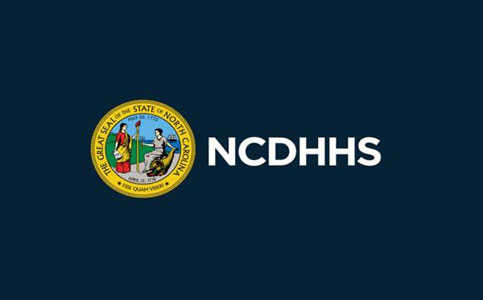
NCDHHS
- Medicaid Expansion will go live December 1, 2023- North Carolina Department of Health and Human services has set December 1, 2023 as the go live date for Medicaid Expansion, which will give more than 600,000 North Carolinians access to health care.
- Local Social Services Office — Each county in North Carolina has a local social services agency available to answer questions.

North Carolina Department of Justice
- Opioid Epidemic — The North Carolina Department of Justice is working to combat the opioid epidemic.
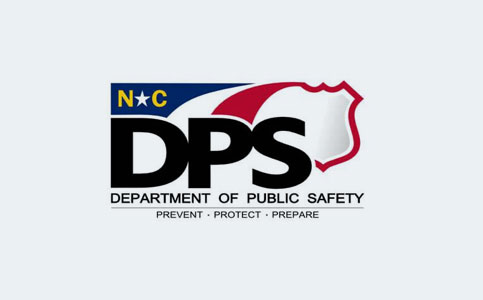
NC Department of Public Safety
- Emergency Management — North Carolina Emergency Management works closely with counties on disaster preparedness and recovery.

The North Carolina Office of Recovery and Resiliency (NCORR)
- The North Carolina Office of Recovery and Resiliency (NCORR) assists disaster survivors and local governments with disaster recovery and improving resiliency.
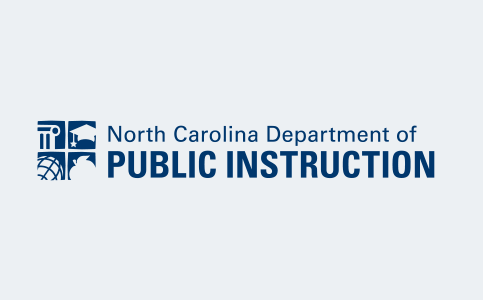
The North Carolina Department of Public Instruction
- The North Carolina Department of Public Instruction is responsible for all aspects of the state’s public school system and works under the direction of the North Carolina State Board of Education. It administers the Needs-Based Public School Capital Fund, which assists lower-wealth counties with critical public school capital needs.
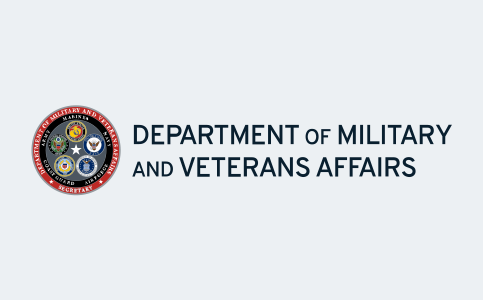
The North Carolina Department of Military and Veterans Affairs
- The North Carolina Department of Military and Veterans Affairs publishes an annual resource guide to provide a comprehensive source of information on the most frequently accessed state and federal resources for veterans, service members and their families.
